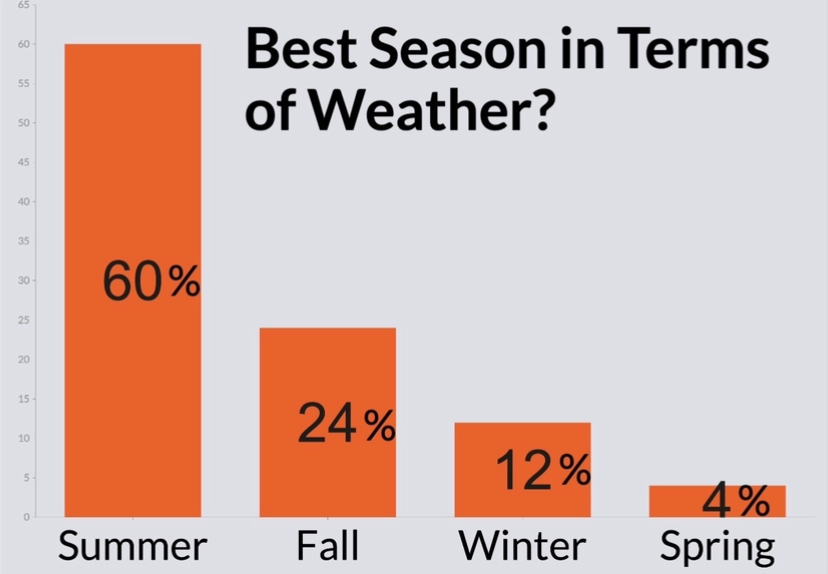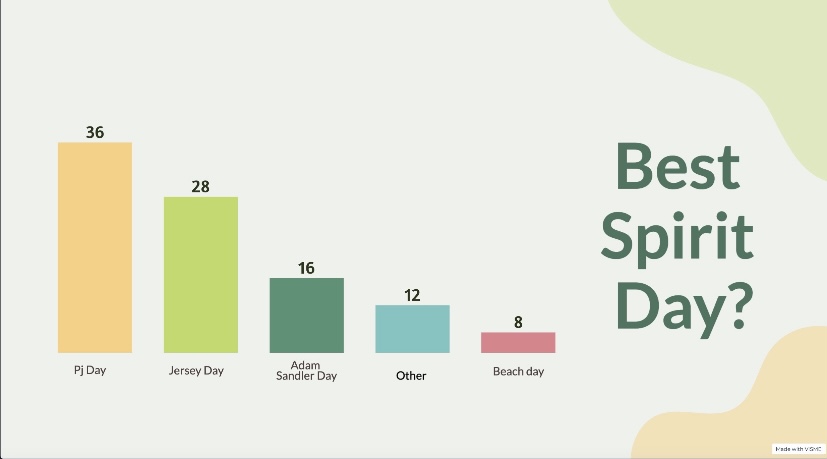Consider what you eat in a day—three meals, maybe a few snacks, or a nice dessert, if you indulge in such pleasures. What kind of foods? Meat, grain, vegetables, and fruit? Or processed food like candy, soda, and cereal? I’m sure most of you would say it’s a mix of both, but if you consider your diet more closely, it likely won’t be hard to uncover the ample amounts of excess sugar in your diet.
According to the National Institute of Health, in 2018, “Highly processed foods accounted for two-thirds of the calories consumed by youth in the U.S.” This fact alone raises concerns, as according to the National Health Service, processed foods are abnormally high in calories, fat, salt, and added sugar. Though teenagers often seem to be aware of the caloric mess that processed food is, some are oblivious to the amount of added sugar that such foods contain.
To prove exactly how clueless teenagers are concerning the amount of added sugars in their food, The Pitch’s poll team asked students around Archie Williams if they believe they eat too much sugar in a day. Out of the students interviewed, 54 percent said “yes.” Additionally, when asked what they believe the recommended amount of added sugar per day is, only 26 percent answered in the correct range.
Let’s crack down on the numbers here and quantify the amounts of added sugar teenagers are and should be consuming. According to the National Health and Nutrition Survey, “the average teenager consumes 119 grams, or about 28.3 teaspoons, of added sugar per day.” 119 grams of sugar may come as a surprise or may not, but what should shock you is the divide between the amount of sugar a teenager consumes and the recommended amount. Recommendations from the American Heart Association indicate that “children ages two to 18 should limit their added sugar consumption to less than six teaspoons (25 grams) per day.” That’s a big difference.
Now, it’s important to define why added sugars are so detrimental to health. According to the Centers for Disease Control and Prevention, “consuming too many added sugars can contribute to health problems such as weight gain and obesity, type 2 diabetes, and heart disease.”
And it doesn’t stop there, plenty of short-term problems arise when overconsuming added sugars. What if I were to tell you that too much sugar can lower your grades? I know that is a pretty hefty statement, but hear me out. Imagine during lunch you go to Red Hill and pick up some sweet snacks or a refreshing beverage: here’s what will happen next. According to Benenden Health, after you eat sugar, “glucose levels will drop after around 20 minutes, leaving [students] feeling unfocused and easily distracted.”
Sugar can also affect your cognitive performance and impair your memory. A study by the National Institute of Health (NIH) found that “tightly regulated blood glucose and sugar consumption is required for optimal cognitive function.” Furthermore, the study highlighted the effects of different types of sugars on brain function. The study indicated that sugars found in high fructose corn syrup can have “negative impacts on cognitive function.”
Yet, not all sugars are equally negative to your health, in fact, some can have positive impacts. The NIH study also pointed out that “natural fructose from fruits and fruit juices was associated with improved cognitive function.” So yes, while you should avoid the added sugars found in processed foods, natural sugars already existing in fruits and vegetables continue to be valuable nutrients.
25 grams may seem like such a ridiculous limitation to added sugar consumption, but when reviewing your diet, you’ll find that nearly every sugar-infested item is replaceable with a healthy option. Try spending a day tracking the amount of added sugar in your diet, considering replacements, learning to live a healthier lifestyle, and boosting your academic performance.











